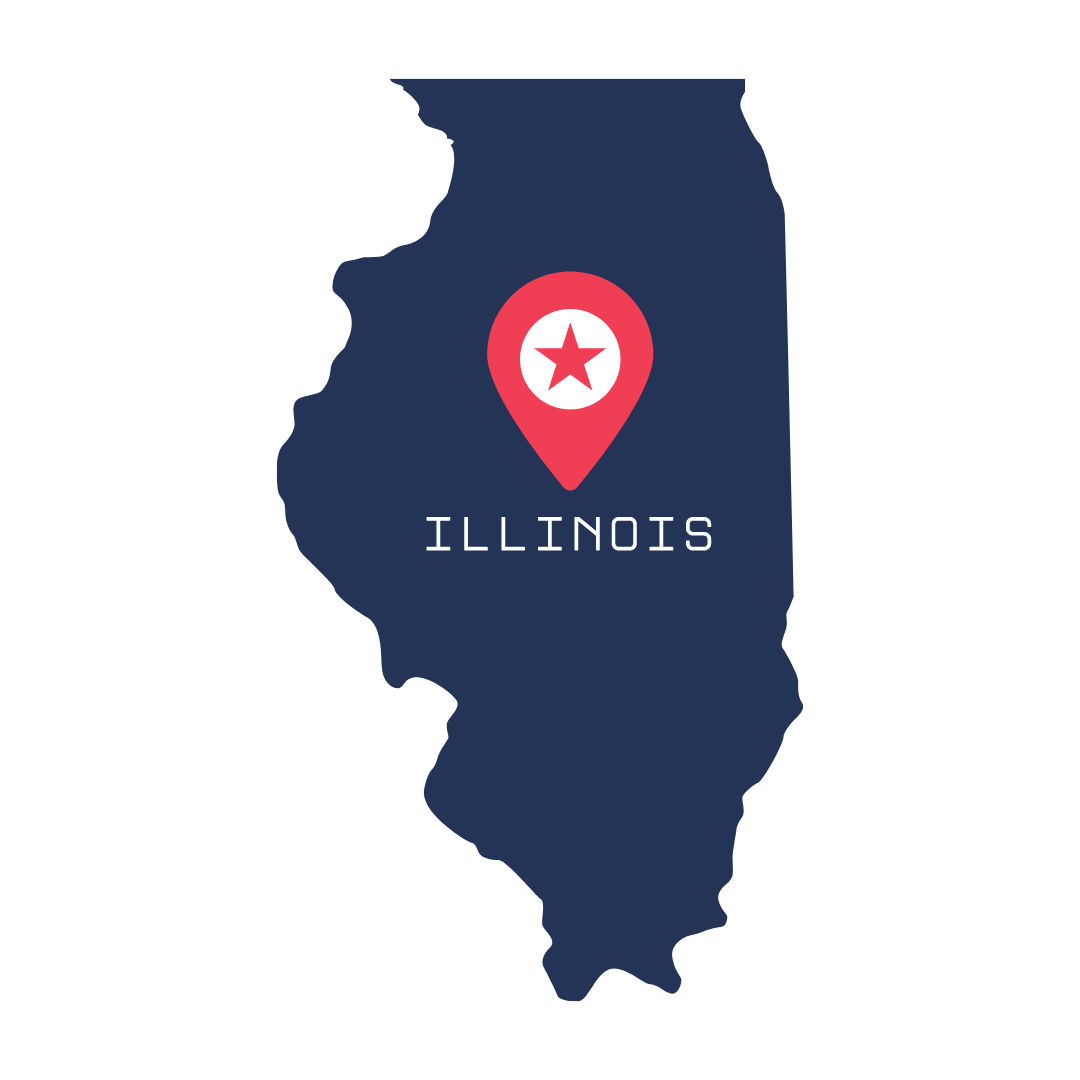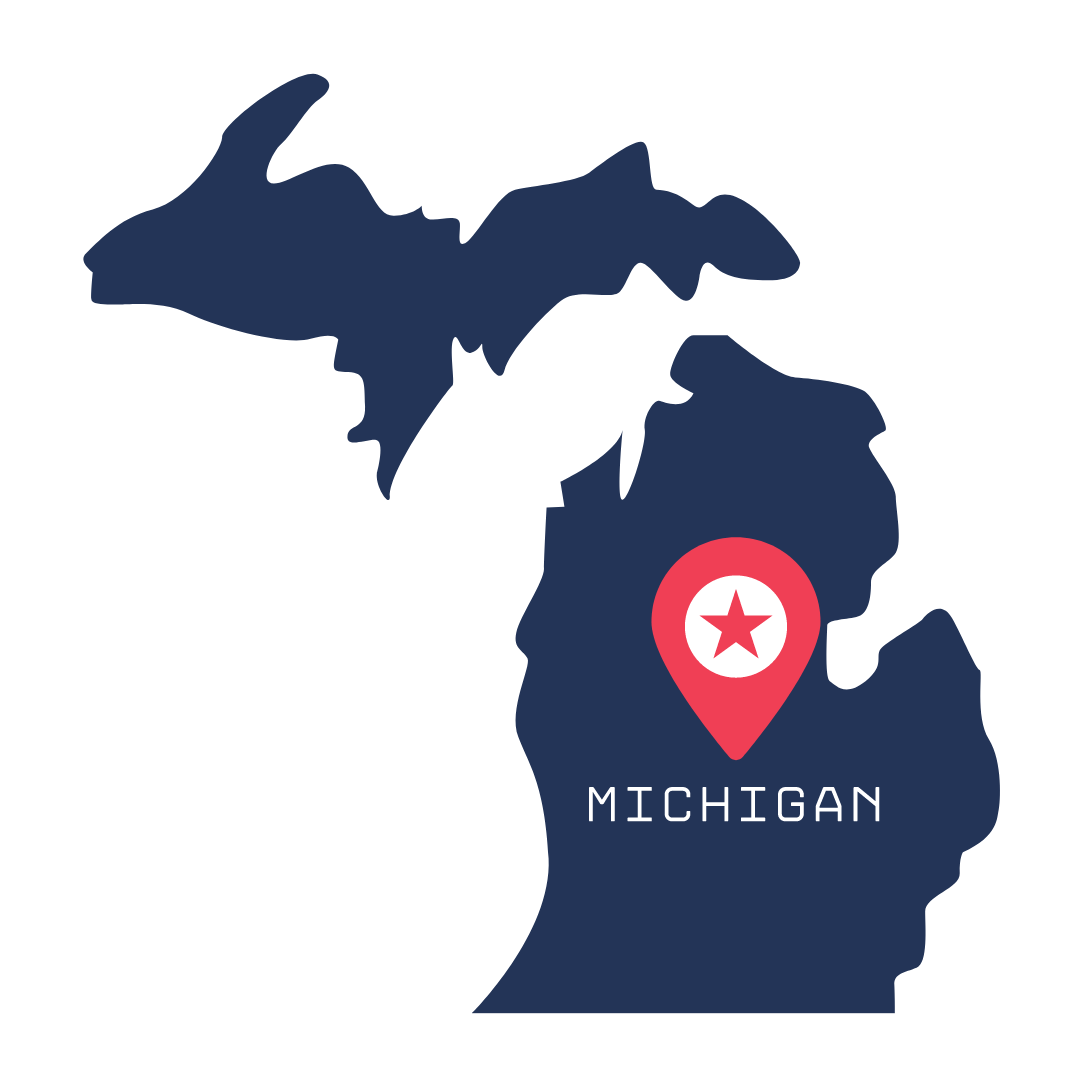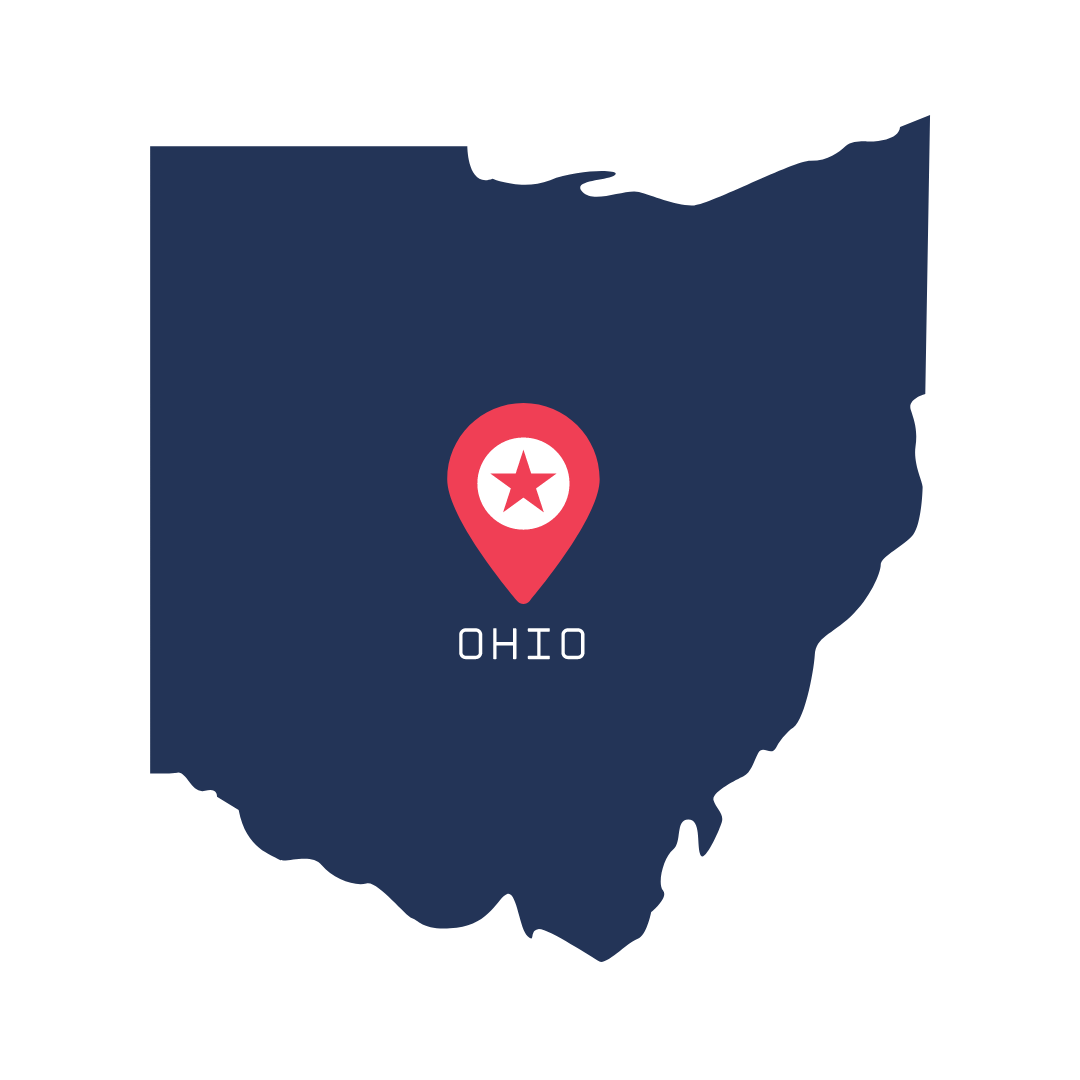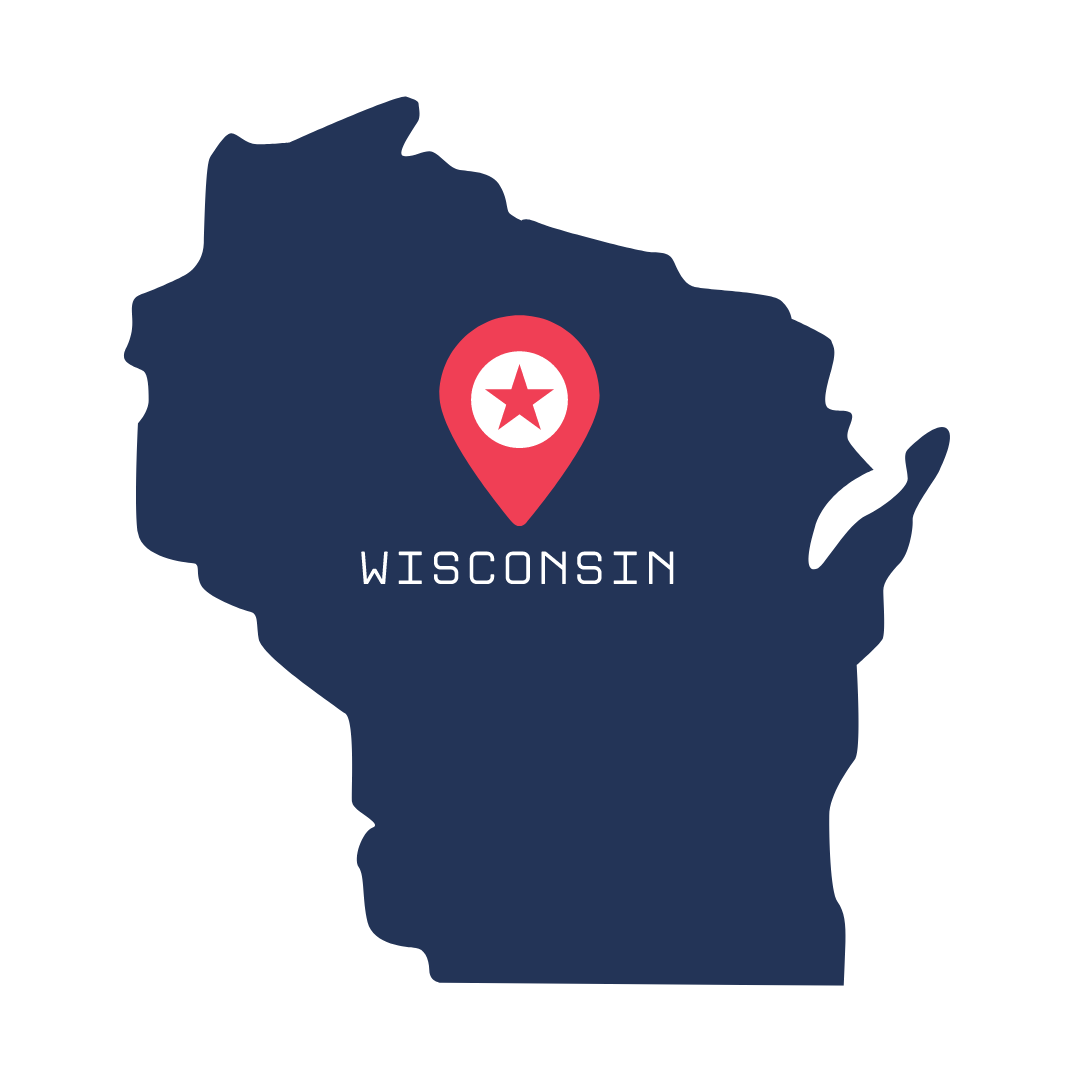Check out the National Park Service Accessibility Website: https://bit.ly/3UJ66r6
#AccessibleTourism #NationalParksUSA #DisabilityRights #ExploreWithoutLimits #NPSAccessibility

Assistive Listening Systems: Where We Are Today and What's On The Horizon

The U.S. Department of Health and Human Services (HHS) has issued a final rule that modernizes, clarifies, and strengthens the Section 504 regulation of the Rehabilitation Act of 1973. The final rule incorporates changes that make it more consistent with recent amendments to Section 504 as well as the ADA and significant case law. New sections that align with the ADA include:
Other regulations that were explicitly clarified in the regulations include a rule that ensures medical treatment decisions, such as decisions about organ transplants, are not based on stereotypes or assumptions about people with disabilities; detailed nondiscrimination requirements for child welfare programs and activities; and web and mobile accessibility requirements, amongst other new requirements.
Learn more about these critical updates in the HHS Section 504 of the Rehabilitation Act of 1973 Part 84 Final Rule: Fact Sheet
Check out the recent HHS press release on the new rule.

May 20th marked the start of the 100-day countdown to the Paralympic Games in Paris. As the city prepares to welcome an estimated 350,000 people with disabilities amongst the 15 million estimated visitors for the games, they are still working to fulfill their promise to be "universally accessible" before the opening ceremony on July 26. Coincidentally, this date also falls on the 34th Anniversary of the ADA.
Paris put accessibility and universal design at the center of its bid to host the Summer Games and have reportedly made many changes such as a newly built and accessible Olympic and Paralympic Village. The city also plans to have 1,000 wheelchair-accessible taxis for the games and Uber planned to increase its fleet of accessible vehicles from 40 to 170. However, advocates state that Paris is still behind in other areas, such as notifying airlines and train companies about accessibility and accommodation needs for people with disabilities.
The New York Times recently published an article containing updates and information on the accessibility of the Paris Paralympic games. Read the New York Times Article on Paralympic accessibility (the article may require a subscription or email sign up to view).
This Associated Press article from 2023 also highlighted concerns around the accessibility of public transit in Paris: One year before Paralympics, Paris trying to make city more accessible to those with disabilities.
The 2024 Paris Olympics has provided a webpage with Practical Information on Accessibility for travelling to France, competition venues and more.
Learn more about the upcoming Paris 2024 Paralympics.

3-Year Grant Partnership to Expand IDD Mental Health Support
The United Health Foundation and the Arc of the United States have partnered for a three-year $2.5 million grant initiative to train 2,000 caregivers, health care professionals, first responders, educators and family members to recognize mental health needs of individuals with intellectual and developmental disabilities (IDD) and decrease the number of mental health crisis incidents experienced by this population.

Access Board Signs Memo of Understanding on Artificial Intelligence (AI)
A memo of understanding (MOU) is an agreement between two parties that outlines the responsibilities of each party. In this case, the U.S. Access Board has agreed to ensure the disability community is engaged and supported through education and resources related to AI.

Morgan's Wonderland: An Ultra-Accessible Theme Park
Morgan's Wonderland is a theme park in San Antonia, Texas which gets its name from the founder's daughter. Morgan has a rare condition called Tatton-Brown-Rahman syndrome, which the National Institutes of Health (NIH) describe as resulting in overgrowth and intellectual disability. Morgan’s Wonderland spans 25 acres and features more than 25 accessible rides, playscapes, and interactive elements.

Summer Program: Register Now for Braille and Nonvisual Skills Instruction
The NFB BELL Academy, a nationwide in-person summer program, helps blind and low-vision children grow confidence and independence through fun, hands-on learning activities. Registration is open for participating states including many of the states in the Great Lakes region:

Support Recommendations for Disabled Survivors of Gun Violence
Access Living released the findings of its first qualitative study into the experiences of Chicagoans who have become disabled due to gun violence. Among their recommendations was creation of peer support, offering disability inclusion training for healthcare, offering employment and financial resources, and helping survivors access mental health support.
New Bill Will Help Disabled Veterans Who Need to Modify Their Homes
Illinois Senate Bill 2751 passed both the Senate and House amending the codes in Illinois counties, townships, and municipalities so that disabled veterans or their caretakers will not be charged any building permit fee. The waived fee will be for any project at the residence of a disabled veteran that will make accommodations for the veteran’s disability.

Alternate Diploma May Allow More Students with Cognitive Disabilities to Graduate
Starting July 1, a change of HEA 1243 governing the alternate diploma will now allow small schools to have one student with significant cognitive disabilities to graduate with an alternate diploma, even if that student makes up more than 1 percent of the graduating class. Previously, no more than 1 percent of a graduating class could graduate with the alternate diploma.
ADA Accessible Playground for Ashland Park
Grant funding from the Land and Water Conservation Fund has helped bring an ADA accessible playground to Ashland Park in Clarksville. The installation of the playground is expected to take anywhere between 4-6 weeks.

Project Focuses on Home Care for Older Chinese Americans
The Metro Detroit-based Association of Chinese Americans is developing a training program to equip home health direct care workers to meet the needs of older Chinese Americans in Southeast Michigan. This involves providing information in Mandarin or Cantonese. If successful, the group has plans to adapt the program for other Asian communities.
Research Study: Teacher Effectiveness for Students With and Without Disabilities
Research has often focused on how teachers can best instruct and accommodate students with disabilities. Michigan State University (MSU) researchers are some of the first to study whether certain teaching methods used for students with disabilities are effective and inclusive for all students, regardless of disability.

People with Limb Loss Advocate for Improved Insurance Coverage
Minnesotans living with limb loss who are unable to obtain prescribed orthotic and prosthetic care due to a lack of insurance coverage shared their stories a day-long event called “So Every BODY can Move Minnesota.” It drew more than 100 advocates supporting two bills ( HF 3339 and SF 3351) that seek to require coverage at a rate equal to federal Medicare.
DNR Prepares to Invest Millions Statewide to Improve Accessibility of Parks
The Minnesota Department of Natural Resources (DNR) has plans to invest $35 million in Get Out MORE funds on wide-ranging access and accessibility improvements across the state. The projects will focus on road, trail and facility modernizations in state parks, state forests and wildlife management areas.

New Bill Would Expand Involuntary Psychiatric Commitment
If passed, HB249 would expand the reasons someone can be civilly committed to inpatient psychiatric care against their will. According to the bill sponsors, their goal is to decrease the amount of people with mental illness being jailed and provide an avenue for better health outcomes. However, disability advocates argue that research shows forced hospitalization does not improve people's long-term mental health.
Access To Home-Based Mental Health Treatment for Children
Parents with children who need intensive home-based mental health treatment will have access to it in several area counties through new federal funding. The Ohio Department of Medicaid is providing grants to support this service included in OhioRISE , the state’s program aimed at helping children and youth with the most complex behavioral health challenges.

Funding Approved but More is Needed for Disabled Victims of Crime
The signing of Act 241 provided grant funding for sexual assault victim services, domestic abuse services, and child advocacy centers. Unfortunately, this funding will not cover the entire Victims of Crime Act funding gap. As a result, there will be up to a 70% decrease in funding to support Disability Rights Wisconsin’s (DRW) Victim Advocacy Program, the state’s only victim advocacy program specifically providing services to individuals with disabilities who have experienced crime.
Around 80% of Students Secluded or Restrained in 2022-2023 Had Disabilities
The Wisconsin Department of Public Instruction's fourth annual report examined the 2022-23 school year and found that the number of seclusion and restraint incidents have decreased since the 2019-2020 school year. However, although students with disabilities comprise just 14.9% of the statewide student population, they make up 80% of students who were secluded and 78% of those who were restrained according to the report. Most incidents took place in elementary schools.
Important Note:News from third-parties may be subject to change or require a subscription to view. The Great Lakes ADA Center is not responsible for content restrictions or changes made by third-parties.

Voting Rights for People with Disabilities
The U.S. Department of Justice (DOJ) has issued updated guidance on the voting rights of people with disabilities. This resource covers accessible voter registration, polling places, nondiscrimination in policies and procedures, the right to assistance in the voting process, accessible voting systems and more.

Guidance on Workplace Harassment
The Equal Employment Opportunity Commission (EEOC) has released new workplace guidance to prevent harassment. This guidance builds on previous work and addresses more recent legal developments and current issues like virtual work environments. The document addresses workplace harassment related to several protected classes including workplace harassment based on disability.

Accommodating Nurses with Disabilities
National Nurses Week starts on May 6th and runs through the 12th. Nurses and other healthcare workers are not only responsible for providing equal access to patients with disabilities but they can also have their own disabilities under the ADA. This guide from the Job Accommodation Network (JAN) shares information on disclosing a disability, employee medical exams, and nursing accommodations.

The Asian Americans with Disabilities Resource Guide
The Asian Americans with Disabilities Initiative (AADI) has created a resource guide to combat ableism in the Asian American community through first-person testimonials, comprehensive peer-reviewed research, and briefs from AADI events. Request an electronic copy of the guide by submitting your email on their website.

Answer: Reasonable modifications under Title III of the ADA are changes in policies, practices or procedures that allow a person with a disability to have equal access to the goods, services, facilities, privileges, advantages, or accommodations (lodging, etc.) provided by a place of public accommodation.
Here are some examples:
Not every request for modification will be reasonable. For example, a place of public accommodation does not have to provide a modification that would be an undue financial or administrative burden. They also do not need to provide something that would be a fundamental alteration of their goods, services, etc. However, they still have a duty to consider other modifications that would not be an undue burden or fundamental alteration.
In addition, Title III places of public accommodation are not required to provide the person's requested or "preferred" modification if they can provide an alternative that would be both reasonable and effective.
Resource(s):
Learn more by visiting our ADA Frequently Asked Questions.

EEOC v. Olive Garden/GMRI Inc.
GMRI, Inc. doing business as Olive Garden has agreed to a consent decree with EEOC to settle a lawsuit alleging the general manager asked various illegal questions during an interview with an applicant who had a disability. The questions were about the applicant's use of a cane to walk, what was "wrong with" the applicant, and how "bad" his disability was.
This nationwide staffing agency was charged by EEOC in a lawsuit for discriminating against multiple protected classes, including candidates with disabilities. The lawsuit alleged that BaronHR screened out individuals with disabilities and perceived disabilities by only hiring and referring physically fit candidates with no history of injury.
EEOC v. Eagle Marine Services Electrical and Refrigeration, LLC
According to the EEOC lawsuit, this marine services company withdrew a job offer after a company-ordered medical examination revealed the candidate had attention deficit hyperactivity disorder (ADHD) and took prescribed medication, Adderall, for treatment.
EEOC v. Gregg Orr Auto Collection, Inc.
A group of car dealerships has agreed to settle an age and disability discrimination EEOC lawsuit after the company allegedly fired a 65-year-old sales executive to avoid paying for medical costs. The EEOC contended their decision came shortly after the worker received billing statements for a costly surgery to treat a serious form of cancer.
EEOC v. New York Beer Project, LLC
A restaurant, brewery and beer hall business has been charged with illegally firing one bartender who had cancer and another who had a nocturnal seizure even though both had been cleared to work. The ADA prohibits employers from discriminating against employees based on actual or perceived disabilities.
EEOC v. Downtown Grand Hotel & Casino
The EEOC has settled a case with a Las Vegas hotel and casino that alleged various incidents of retaliation and disability discrimination, including failing to provide reasonable accommodations to employees with disabilities and terminating an employee with colon cancer because he wore an ostomy bag.
EEOC v. Covenant Woods Retirement Community
Covenant Woods Senior Living, LLC and BrightSpace Senior Living, LLC have agreed to settle a complaint involving the Covenant Woods retirement community and a receptionist who was terminated after a brief hospitalization. Although the receptionist expressed her desire to continue working, she was told that Covenant Woods had lost confidence in her ability to work, citing her recent hospitalization.
DOJ v. West Memphis School District (WMSD)
A lawsuit was filed in the U.S. District Court for the Eastern District of Arkansas against West Memphis School District (WMSD) for denying an employee’s request for a reasonable accommodation of temporary telework. This is a violation of Title I of the ADA which requires state and local government employers to provide reasonable accommodations to employees with disabilities.

DOJ v. West Memphis School District (WMSD)
A lawsuit was filed in the U.S. District Court for the Eastern District of Arkansas against West Memphis School District (WMSD) for denying an employee’s request for a reasonable accommodation of temporary telework. This is a violation of Title I of the ADA which requires state and local government employers to provide reasonable accommodations to employees with disabilities.

DOJ reached a settlement agreement with the City of Virginia Beach to ensure that individuals with disabilities have equal access to city buildings and other civic programs. Under this substantial agreement, Virginia Beach will remove accessibility barriers to buildings such as police stations, libraries, technology centers, etc. The agreement also requires Virginia Beach to ensure that assembly areas, such as the Giant Screen Theater at the Aquarium, provide the required wheelchair and companion seating. Additional requirements were also included for effective communication, access to emergency shelters, accessible websites, and more.
DOJ v. Texas Education Agency (TEA)
DOJ settled with TEA, a state agency responsible for certifying teachers across the state of Texas, to resolve allegations that an individual with dyslexia and dysgraphia was denied oral administration as an alternative testing arrangement for a standardized exam. Under the settlement agreement, the TEA agrees that it will allow a qualified reader or text-to-speech technology as an alternative testing arrangement, when needed, for testing candidates. Additionally, the TEA will provide the requested modifications to the complainant when they take their standardized examination.
The University of Montana has agreed to settle and resolve allegations that a complainant was unable to use an accessible seating area in Adams Center's Dahlberg Arena during a graduation ceremony in June 2019. The settlement agreement will result in more wheelchair spaces and improve wheelchair seating for events at the arena, such as athletic events, concerts, graduation ceremonies, and various other activities.

DOJ entered into a settlement agreement with Bennigan’s restaurant of Mandan, North Dakota to resolve allegations that they violated the ADA by refusing to allow a veteran with a disability who uses a service animal to enter the restaurant. Under the settlement agreement, Bennigan’s agreed to adopt a service animal non-discrimination policy for its restaurant, provide relevant training to its employees regarding the ADA, post signage indicating service animals are welcome, and pay $1,000 in damages to the complainant.
DOJ v. Express Inn and Suites, LLC
DOJ reached a settlement agreement with the owners of the Express Inn in Gastonia, N.C. to resolve allegations that the inn violated the ADA by refusing to provide a room to a visually impaired individual based on speculation about the individual’s capabilities. The agreement requires the owners of the Express Inn to provide access and accommodations to customers with disabilities under the ADA.

The Department of Justice has issued a statement of interested in Isaac A. et al. v. Carlson. This lawsuit was filed on behalf of Medicaid-eligible children in Georgia with behavioral health disabilities who need intensive community-based services to avoid institutional placements. After Georgia officials filed a motion to dismiss the suit, this statement offered clarification to the court on the integration mandate of the ADA and Section 504 as well as the Early and Periodic Screening, Diagnosis and Treatment (EPSDT) provisions of Medicaid.
Follow us on Facebook, Instagram, LinkedIN, YouTube and TikTok to learn about the latest in ADA and disability news.
Check out a recent post, image and caption below:

Check out the National Park Service Accessibility Website: https://bit.ly/3UJ66r6
#AccessibleTourism #NationalParksUSA #DisabilityRights #ExploreWithoutLimits #NPSAccessibility
Follow us at Great Lakes ADA en Español on Facebook for ADA and disability-related content in Spanish!
Check out a recent Spanish post, image and caption below:
